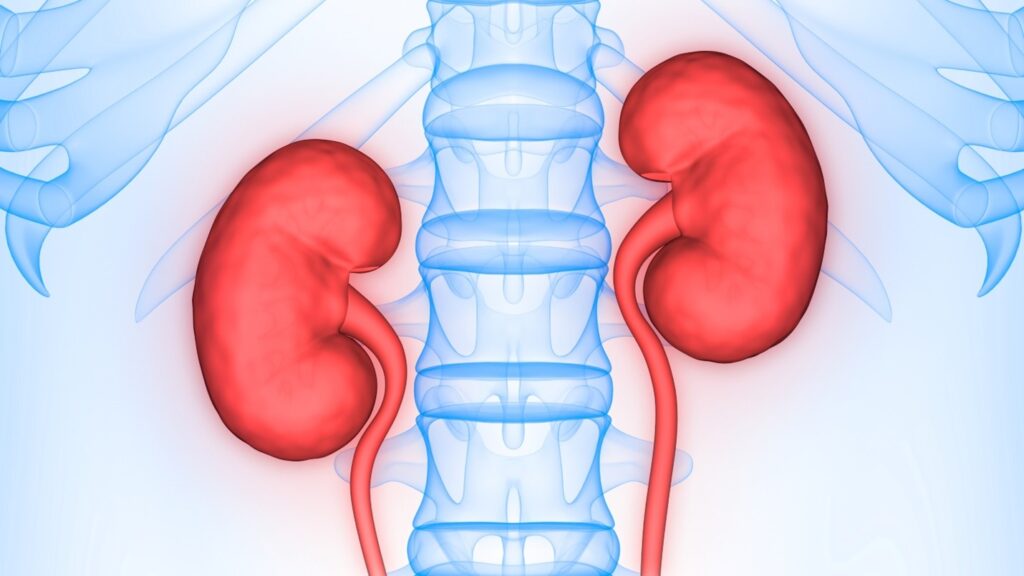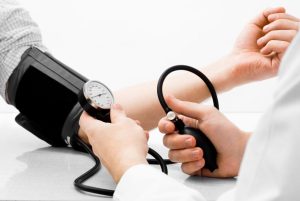Nearly 80 million individuals in the United States alone are at high risk of kidney disease due to the coexistence of other medical conditions such as high blood pressure and diabetes. Of those 80 million high-risk individuals, 30 million proceed to develop kidney disease.

The other unfortunate fact is that many who have chronic kidney disease don’t even know they have it. Most people never even consider the health of their kidneys until they find out that they have kidney disease.
These issues make it imperative to strive for better health by improving lifestyle through diet and exercise and prioritizing regular medical check-ups with a primary care provider.
In what follows, we’ll be detailing the characteristics of kidney disease, its main causes and risk factors, as well as the primary mechanisms available to manage and even prevent kidney disease altogether.
Characteristics of the Kidney and Kidney Disease
The primary function of the kidneys is to filter and cleanse the blood of toxins and waste and pass those products on to be excreted by urination. The kidneys produce over a liter of urine per day from filtering through about 200 liters of fluid per day.
The kidneys also play a major role in the regulation of hormones that have effects on blood pressure. Other kidney functions include the control of red blood cell production and vitamin D production.
When the kidneys become damaged, their ability to function efficiently becomes impaired, and several signs and symptoms can occur, including:
- Nausea and vomiting
- Muscle spasms and cramps
- Swelling of the extremities
- Dry skin
- Fatigue
- Shortness of breath
- Irregular urination
- Loss of appetite
Main Causes of Kidney Disease
The two primary causes of kidney disease are high blood pressure and diabetes. Both conditions can have major effects on the kidneys.
High Blood Pressure
High blood pressure is of primary concern to the health of the kidneys because it directly affects the flow of blood to the kidneys and causes damage to the kidney tissue, thus impairing their normal function. With a lack of fluid filtering, impaired kidney function is likely to further exacerbate the cycle, increasing high blood pressure even more.
Diabetes
In the condition of diabetes, individuals who do not maintain good control of their blood sugar will spend prolonged periods of time with elevated blood sugar. High blood sugar or hyperglycemia will cause an increased amount of blood flow into the kidneys. This increased blood flow causes damage to the kidney blood vessels, and they will begin to leak more protein into the urine. This extra protein will cause the filtration system in the kidneys to stop working well, and eventually, the kidneys will fail.

Prevention of Kidney Disease
Since the known main causes of kidney disease are diabetes and high blood pressure, it follows that the effective method to prevent kidney disease is to prevent high blood pressure and diabetes.
Some things are indeed unavoidable, and family history and genetic predisposition to high blood pressure and diabetes can make it difficult to prevent these conditions and prevent their complications. Yet so many individuals do nothing actively to achieve the best possible health they can.
The other truth is that making efforts to achieve good health and working to prevent or improve the status of medical conditions such as high blood pressure and diabetes can significantly decrease the risk of kidney disease. These efforts also can help keep mild kidney disease from turning into severe kidney disease.

For those who have normal blood pressure levels yet who want to avoid the potential for its exacerbation, it’s imperative to prioritize lifestyle factors such as diet and exercise. Understanding that obesity and high sodium intake are strongly correlated with the development of high blood pressure, the action to take is to consume a diet lower in sodium and partake in weight-loss activities.
For those who already live with high blood pressure, measures can still be taken to manage or even reverse the presence of high blood pressure. These measures also include lifestyle factors such as diet and exercise.
Type 2 diabetes, though of major concern to the development of kidney disease and other health complications, can also be managed well and potentially reversed. The most effective action is weight loss and diet, but, if necessary, optimum medical management of blood sugar can also be preventative of the complication of kidney disease.
Final Thoughts
Kidney disease will often worsen if not managed well, and this can lead to end stage renal disease. It’s good to know that a strong effort to make changes in lifestyle and to develop appropriate diet and exercise and weight management can prevent the disease from ever occurring.
If you do the things necessary to prevent either diabetes or high blood pressure, then healthy kidneys are the likely outcome.
